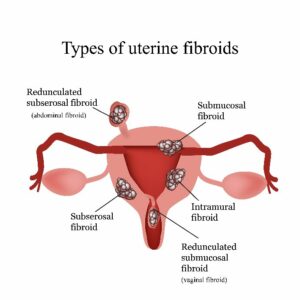
Uterine fibroids are non-cancerous tumors grow in and around the uterus. They are quite common and are often discovered incidentally, during routine exams, when the doctor may notice irregularities in the uterus’ shape.
Treatment for uterine fibroids can vary based on the number, location and size of the fibroids, as well as the symptoms caused. Some cases may not need treatment at all, while for others, your doctor may recommend medication like OTC pain medicine, GnRH agonists, iron supplements, or birth control. All medications come with side effects, so it’s important to always talk to your doctor when starting any new medical fibroid treatment options Missouri offers to discuss any potential complications.
For some cases, your doctor may prescribe surgery, in which case your options, again, vary depending the location, number and size of your fibroids, as well as whether you wish to become pregnant in the future. Some surgical options can damage or remove the uterus, while others preserve it and allow future pregnancies. Like with any other surgery, surgical treatment for uterine fibroids can place you at risk of infection and bleeding, and there’s also the inherent risk associated with anesthesia.
There are also newer, minimally-invasive procedures that you can undergo that would reduce the common risks of traditional surgery and promote faster recovery too. Talk to your doctor about your options, and they will help you decide the best course of treatment for uterine fibroids.
